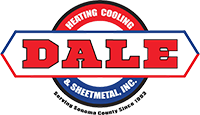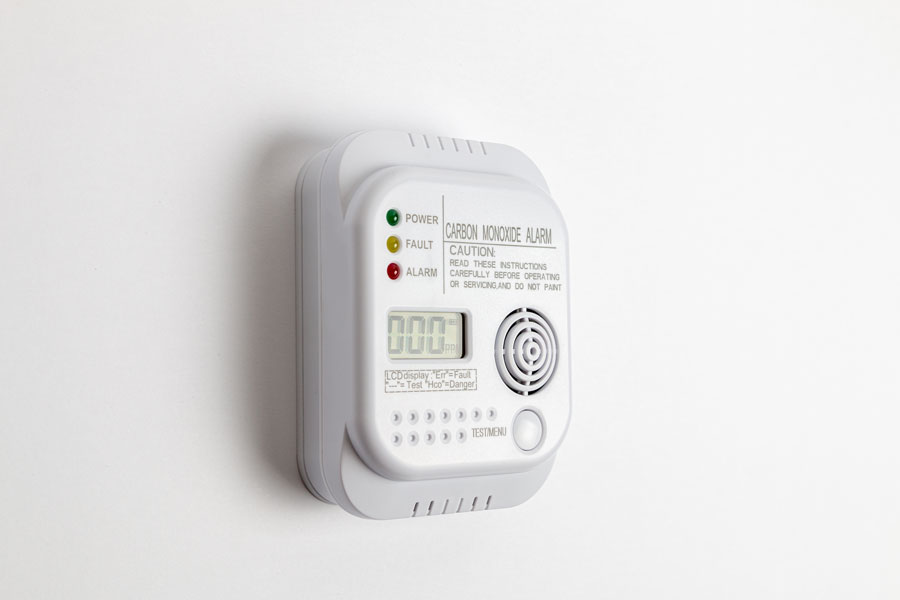If you have an older HVAC system, it’s important to keep up with regular maintenance of your system. At the same time, you should have it checked for the risk of carbon monoxide (CO) leaks.
Here are some things to remember to protect yourself and your family from the dangers of carbon monoxide poisoning.
Dangers of Exposure to Carbon Monoxide
Carbon monoxide is so dangerous because it’s a highly flammable poisonous gas that you can’t taste, smell, or see.
While it’s a great idea to install CO detectors in your home, you may already be in danger by the time the alarm goes off.
Exposure to Carbon Monoxide
There are a couple of ways for you and your family to be exposed to carbon monoxide, primarily due to a malfunctioning HVAC system.
In most cases, it comes down to a problem with faulty HVAC venting or parts.
Faulty Venting
If not properly vented, gas that cannot be eliminated properly backs up and gets trapped inside the furnace. Because the gas isn’t released, it backs up and is released into the air inside your home.
Blockages that potentially cause gas backups can be found in chimneys, vents, or the HVAC ventilation system itself.
If it’s been a while since your HVAC system has been cleaned, vents can become blocked with dirt, debris or outdoor creatures that have inadvertently gotten trapped and stuck in a ventilation system.
Faulty Parts
With a CO gas leak, the most common malfunctioning part is a faulty heat exchanger.
A heat exchanger is part of the HVAC ventilation system and designed to eliminate the gasses that form from heat combustion.
A worn heat exchanger, one that is corroded or has holes or cracks can easily result in leaking gas even if the furnace is working just fine.
Symptoms of Carbon Monoxide Poisoning
If you or your family finds themselves experiencing these or other chronic unexplained symptoms, seek urgent medical attention and have your home inspected for potential CO leaks right away.
- Dizziness
- Difficulty walking or keeping balance
- Nausea
- Excessive drowsiness or fatigue
- Confusion or memory problems
- Headaches
- Shortness of breath or difficulty breathing
- Vision problems
Conclusion
Carbon monoxide leaks are nothing to mess with and poisoning can be fatal.
To rule out the possibility of CO leaks with a thorough inspection, service, maintenance and all your HVAC needs, stay safe in the hands of the experts at Dale HCS in Sonoma County.

